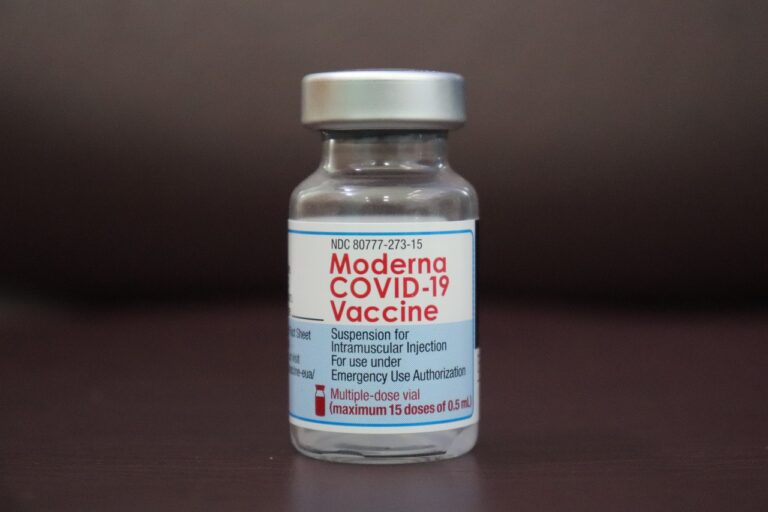The Role of Vitamin B8 (Inositol) in Mood Regulation
Inositol, a naturally occurring compound in the human body, plays a crucial role in regulating mood. Research suggests that inositol acts as a secondary messenger in the phosphatidylinositol cycle, which is involved in signal transduction within cells. Inositol is believed to modulate the release of certain neurotransmitters like serotonin, dopamine, and norepinephrine, which are key players in regulating mood and emotional well-being.
Studies have shown that individuals with mood disorders, such as depression and anxiety, may have altered levels of inositol in their brains. By supplementing with inositol, some people have reported improvements in their mood and symptoms of these conditions. While more research is needed to fully understand the mechanisms behind the relationship between inositol and mood regulation, the preliminary findings are promising and suggest that inositol could be a potential treatment option for those struggling with mood disorders.
The Link Between Inositol and Neurotransmitters
Inositol plays a crucial role in the regulation of various neurotransmitters in the brain. Research suggests that inositol is involved in the signaling pathways that influence the levels of neurotransmitters such as serotonin, dopamine, and norepinephrine. These neurotransmitters are essential for mood regulation, cognition, and overall mental well-being.
Moreover, inositol is known to interact with receptors in the brain that are linked to neurotransmitter production and release. By modulating these receptors, inositol can indirectly impact the activity of neurotransmitters in the brain. This intricate relationship between inositol and neurotransmitters highlights the importance of inositol in maintaining a healthy and balanced brain function.
What is inositol?
Inositol is a naturally occurring carbohydrate compound that is vital for various biological functions in the body.
How does inositol affect mood regulation?
Inositol plays a crucial role in mood regulation by influencing the activity of neurotransmitters in the brain, such as serotonin and dopamine.
What are neurotransmitters?
Neurotransmitters are chemical messengers in the brain that transmit signals between nerve cells, affecting various functions including mood, behavior, and cognition.
How does inositol affect neurotransmitters?
Inositol helps regulate neurotransmitter activity by modulating their release, reuptake, and receptor sensitivity in the brain.
Can inositol supplements help improve mood disorders?
Some research suggests that inositol supplements may be beneficial for individuals with mood disorders such as depression, anxiety, and bipolar disorder by supporting neurotransmitter function.
Are there any side effects of taking inositol supplements?
In general, inositol supplements are considered safe for most people and are well-tolerated. However, some individuals may experience mild side effects such as stomach upset or diarrhea.
How can I include more inositol in my diet?
Inositol is naturally found in various foods such as fruits, beans, grains, and nuts. Including these foods in your diet can help increase your inositol intake.







